Show Notes:
In this episode, John Yeager, Ed.D. – CEO of Yeager Leadership Group, author, and legendary lacrosse player and coach – joins me to discuss the core competencies of next level leadership in sports. On April 8th, 2021, John’s new book “The Coaching Zone,” co-authored by Jon Cunha, was launched. Based on years of research, experience, and anecdotes, this book is your playbook to taking your coaching to the next level.
As a former elite lacrosse goaltender, John is a member of the Halls of Fame of New England, Eastern Massachusetts, and UMASS Boston/Boston State. He was named one of the top 20 New England lacrosse players of all time by the New England Lacrosse Journal. He translated what he learned as an athlete into high school and college coaching in Massachusetts and Indiana.
Extending his interests beyond the playing field, he became a certified Polarity Thinking™ consultant after graduating from the country’s first graduate-level applied positive psychology program at the University of Pennsylvania. He also earned his doctorate at Boston University. Currently, John is also the CEO of Yeager Leadership Group, in which he helps athletic programs, businesses and schools discover their positive core by maximizing engagement and capacity to develop high performing teams.
He is the also author/co-author of three books including: Smart Strengths: The Parent-Teacher-Coach Guide to Building Character, Resilience and Relationships in Youth; Our Game: The Character and Culture of Lacrosse; and Character and Coaching: Building Virtue in Athletic Programs. He has written for Sports Illustrated.com and has been quoted in the New York Times Magazine and Sports Illustrated Magazine on matters of character and youth sport.
This episode is full of inspiring stories to accompany an exploration of the psychology of coaching!
TOPICS:
[3:53] John’s life-changing experience at Middlebury
[14:30] Overview of The Coaching Zone
[24:50] HERO elements of Psychological Capital
[34:20] Polarity Thinking: Why does it matter?
[50:50] Travis Roy: A model of PsyCap
[54:45] Exemplary Coaching: Katharine DeLorenzo and Neal Anderson
[1:05:04] 365 Degree Strengths Gallery
[1:15:0] John’s best advice
The Focused Leader
Inspired by the work of Emotional Intelligence pioneer Daniel Goleman, John was inspired to build a coaching framework focused on three distinct parts:
– Coach Self-Management
– Leading and Empowering Athletes
– The Team Dance
Being a high-performing coach that is able to elevate the performance of their athletes and team is a complicated task. While much attention is given to the X’s and O’s of strategy and player management, John places a heavy emphasis on the importance of psychological capital in coaching.
First, this begins with the self. John believes that learning the lead the self is the essential first step to becoming a great coach. Without a strong awareness of your own strengths, weaknesses, and tendencies, it can be very difficult to authentically empower others and optimize team performance.
The HERO Elements of Psychological Capital
In all three components, leading the self, leading others, and the team as a whole, Psychological Capital (PsyCap) is a critical concept. Individuals and organizations that have improved their PsyCap have been shown to have high levels of performance, teamwork, awareness, and positivity, among other metrics.
There are four HERO elements of PsyCap:
– Hope
– Efficacy (Confidence)
– Resilience
– Optimism
Coaches, players, and organizations that contain these four elements are primed for elevated performance outcomes due to their ability to overcome adversity and remain committed to a greater purpose.
Polarity Thinking
Everything in life is about balance: yin and yang, light and dark, hot and cold. Psychological components of coaching and leadership are no different. In The Coaching Zone, John covers seven critical polarities:
– Confidence and Humility
– Automatic Thinking and Reflective Thinking
– Candor and Diplomacy
– Direction and Empowerment
– Individual and Team
– Accountability and Support
– Continuity and Transformation
It is critical to understand that the key to optimizing performance is to dynamically balance different poles. In some circumstances, one pole may be needed more than another. But to align your organization with its greater purpose statement, there is a sweet spot in which the different poles are optimized.
Take Confidence and Humility for example. A coach that is excessively confident may seem arrogant. On the other side, a coach with too much humility may be perceived with an element of meekness. To take command of the team and empower the players, the coach needs to find the right balance between these poles.
In many ways, learning to dynamically balance these polarities is much like a thermostat. If the temperature starts to get a little high, the AC turns on. Likewise, if the room is too cold, the heater turns on. An effective coach will have the awareness to gauge their polarities and dynamically adjust as required by each specific circumstance.
A Wealth of Knowledge
In addition to these key topics, John also shares so much more in this interview. Listen to learn more about the following:
– The importance of values in organizations
– 365 Degree Strengths Gallery: How to implement with your organization
– Case studies and anecdotes of exemplary coaching and leadership
– John’s best advice to optimize health, happiness, and performance
Learn more and follow John:
LinkedIn
Yeager Leadership Group
The Coaching Zone Book
GET ONE MONTH FREE ON A NEW WHOOP MEMBERSHIP:
join.whoop.com/learniiperform
For more information on Learn II Perform and Braeden, please visit:
Website
Instagram
LinkedIn
Facebook
Thank you all for joining me on this journey to lifelong health, happiness, and higher performance. And remember, always be grateful, love yourself, and serve others.
More from this show
Show Notes:In this episode, Trevor Harris – a Podcaster and Health & Mindset coach – joins me...
Episode Notes:In recent years, telomeres have garnered a lot of interest for their potential...





